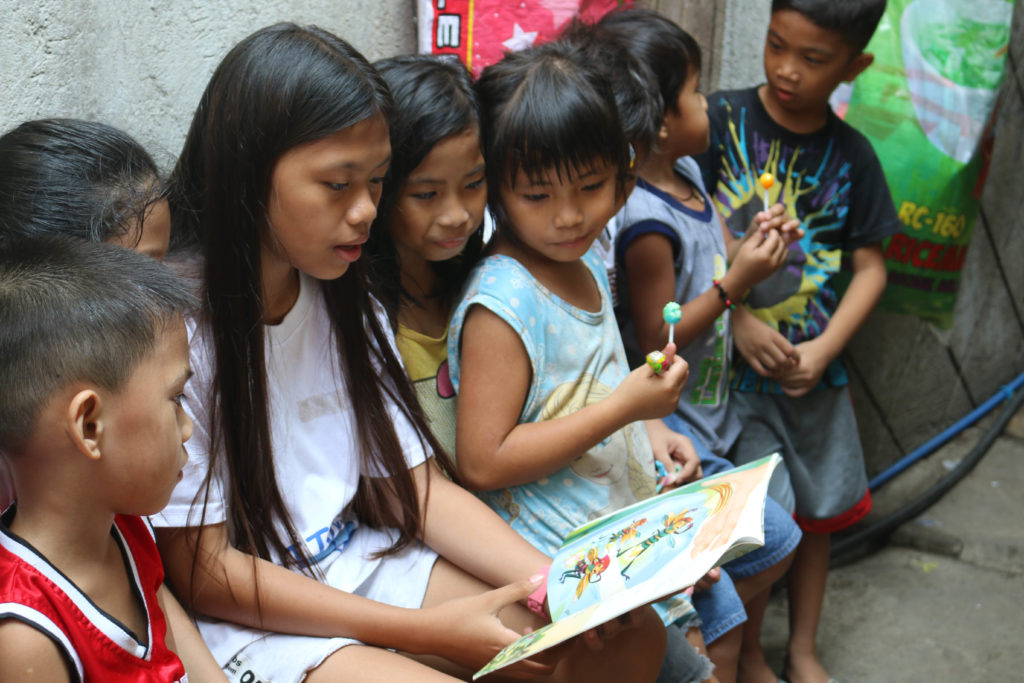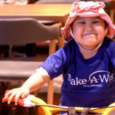With the uncertainty of children’s education due to school closures and the continuously felt impact of the COVID-19 pandemic, Save the Children Philippines steps up and launches Project ARAL (Access to Resources for Alternative Learning) to help children from low income families and those with disabilities to access alternative learning platforms.
Atty. Alberto Muyot, Chief Executive Officer of Save the Children Philippines said the COVID-19 pandemic puts the lives of people at risk and leads to massive disruption to children’s lives as they miss out on education, access to healthcare systems and basic needs such as food and medicines.
“The effects and challenges posed by prolonged school closures will have a greater impact to children already marginalized and coming from underserved communities including those with disabilities, living in shanties, as well as conflict-affected and hazard-prone areas,” says Muyot.
Project ARAL will initially be implemented among the deprived children in the cities of Caloocan, Navotas and Malabon who face risks of being left out when classes resume using the new learning methods such as online platforms, television, and mobile phones.
Save the Children Philippines will be introducing retooled phased messages and activities for families and for children, especially 5 years old and below, to complement the Department of Education’s (DepEd) online learning program called “DepEd Commons” that only covers 48% of public schools with access to Internet connection.
For pre-primary learners aged 3-5, early literacy and numeracy at home materials will be used for 12 weeks with suggested activities per day. Meanwhile, for ages 6-9, reading camp modules will be offered for 21 sessions. Lastly, Digital Children’s Circles will be developed for ages 10-12. All these materials have child-sensitive content and integrate lessons on health and nutrition, as well as psychosocial support.
The general timeline of Project ARAL is divided in three stages: Relief period (while the schools remain closed and community quarantine is in effect), Transition period (during the gradual lifting of quarantine measures but schools remain closed), and Recovery period (post-quarantine or during the state of normalcy).
“We will also provide assistance to parents, and caregivers to ensure that they can effectively support their children’s learning and well-being at home,” adds Muyot.
Project ARAL will be delivered through online digital platforms, such as Save the Children Philippines’ Facebook page, and other means of broadcast. Save the Children Philippines will provide its beneficiaries with the necessary tools and equipment, and distribute paper-based learning materials to the communities.
Save the Children Philippines believes that the fulfillment of children’s right to education, health and well-being is not only the responsibility of parents, but also of local communities and the government.
Organizations such as Save the Children Philippines can only do as much but with your help and support, Project ARAL can expand to other urban communities and we can all help more children uphold their basic right to education.
“It takes a village to raise a child,” says Muyot.
Do you have a story for the WhenInManila.com Team? Email us at story.wheninmanila@gmail.com or send us a direct message at WhenInManila.com Facebook Page. Interact with the team and join the WhenInManila.com Community at WIM Squad! Join our WhenInManila.com community on Viber, as well!





